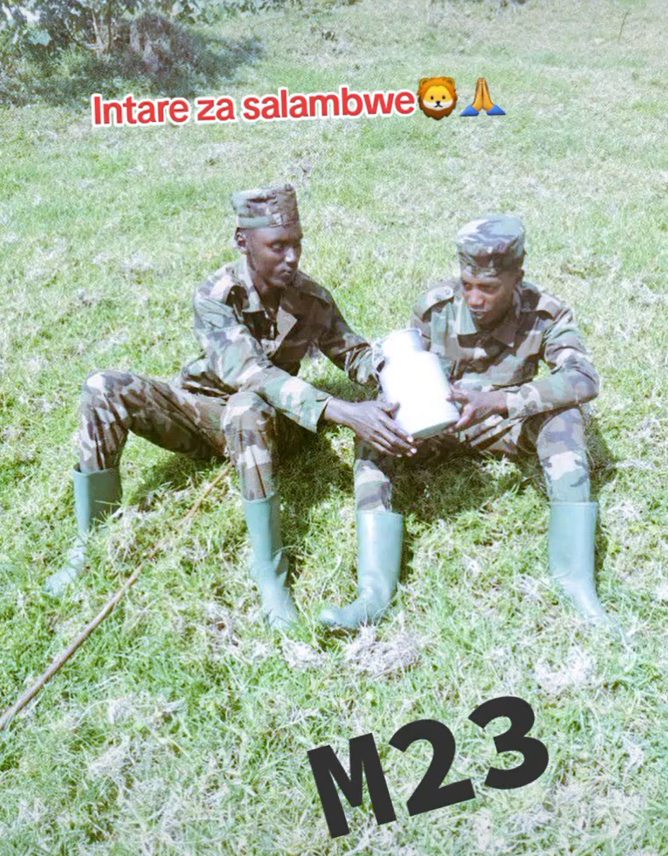The Eastern region of the Democratic Republic of the Congo (DRC) is well known for its fraught, persistent security and humanitarian challenges. Decades of armed conflict and resource exploitation have created an unstable and dangerous operating environment for humanitarian organizations. Limited digital connectivity and restrictions on freedom of movement is a particular barrier to groups gathering data on beneficiary population needs and perceptions. These challenging conditions caused the DRC Crisis Analysis Team (CAT) at Mercy Corps to explore innovative data collection techniques to ensure safety for its operations and best outcomes for beneficiaries.
“Radio remains overwhelmingly the most common source for news in Africa” according to a 2022 report by Afrobarometer. This is particularly true for rural populations that are often most in need of humanitarian assistance in Eastern DRC. Radio is also highly trusted according to numerous global studies and FM stations are inherently hyperlocal in focus with viewership limited to a small geographic area. In large swaths of rural Africa in general including Eastern DRC, radio journalists and DJs are the primary voices and link to the daily issues and perceptions resonating in communities.

Therefore, RootWise teamed up with CAT to deploy our Frequency service and provide unique hyperlocal data to inform CAT analysis and recommendations. Frequency is the only service that provides rapid, consistent access to critical content from FM radio monitoring for humanitarian missions. Some organizations have recognized the pivotal role of radio in communications and deployed human monitoring. This approach suffers from lack of consistency and scalability with high cost and logistical complexity. Frequency overcomes that complexity by leveraging state-of-the-art cloud computing and artificial intelligence (AI) technology that automates collection, transcription, and translation of content in near-real time. The result is Google-style search capability for instant alerts and analysis of critical content from across the vast radio information environment. Content that is indexed is accessible as both text and audio clips for nuanced contextual analysis of narratives, misinformation, and sentiment. RootWise can collect streaming radio as well as stations that are airwaves-only using our proprietary internet-connected physical collection devices.
We combined the insights from our radio data with social media analysis from Insecurity Insight to provide CAT with a report on community perceptions of the M23 armed group. The differences in tone and coverage between radio and social media were striking. Social media focused more on the geopolitical overtones of the conflict, anti-Rwandan sentiment, and human rights violations. FM radio covered hyperlocal humanitarian needs and crises with much greater specificity and regularity. The two data sources together provided a vivid picture of DRC national perceptions but the individual data sources each suggested unique operational steps for Mercy Corps and other humanitarian organizations. For example, social media highlighted residents’ suspicion of “foreign” aid actors active in M23 controlled areas while radio highlighted food security and price gouging in specific villages and refugee camps.
The addition of FM radio monitoring data to CAT’s operational capacity was determined to be significant. RootWise and CAT are currently undertaking a second round of collection and analysis with a wider reach into community monitoring and a streamlined analysis approaches developed from the lessons of the pilot project. We look forward to sharing results of these expanded efforts in late 2023.



